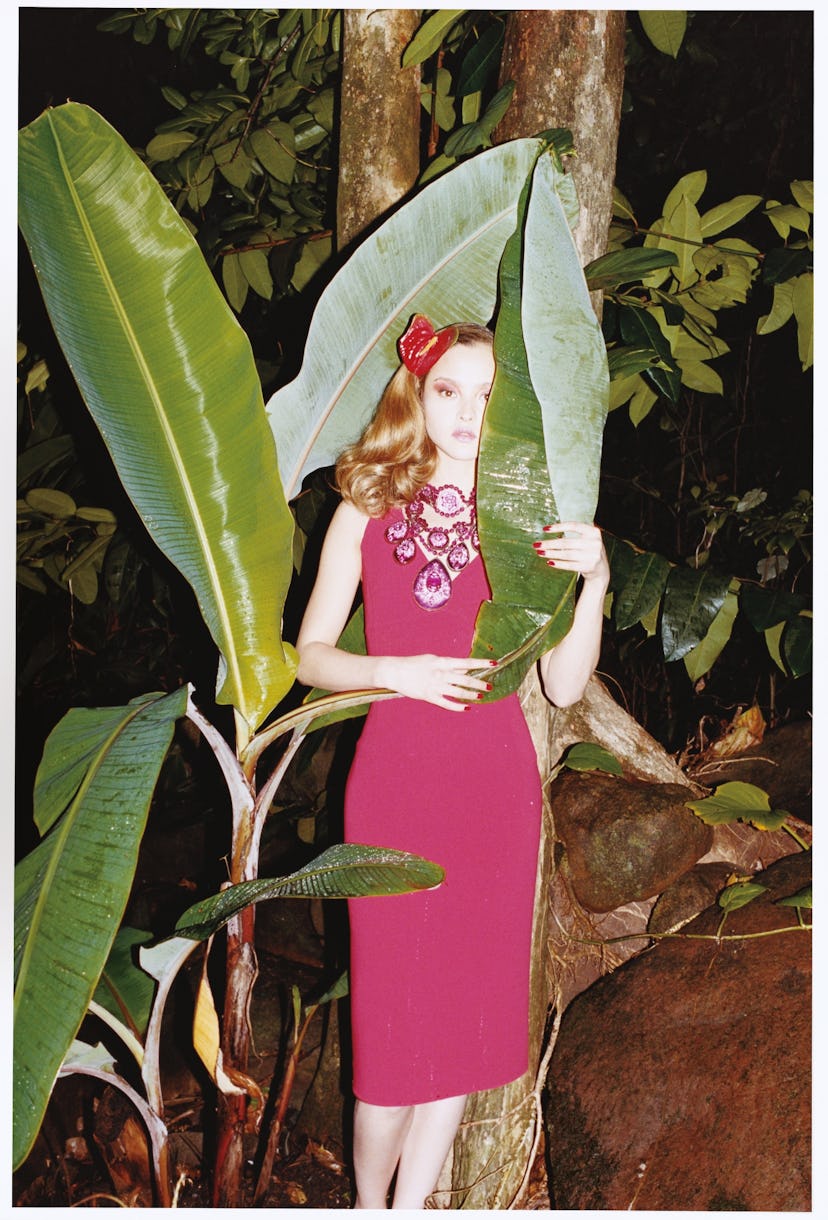Updated:
Originally Published:

Photographed by Juergen Teller
We may receive a portion of sales if you purchase a product through a link in this article.
Sustainability and fashion have a tricky relationship. The global fashion industry produces enormous amounts of waste every year, and many brands have embraced sustainability as more of a marketing tool than as a central part of their production plan. Of course, the best way to lower the carbon footprint of your closet is to shop less, but that doesn’t mean you have to stop shopping all together. Along with the huge rise in resale sites, and the “thrift-flips” proliferating on TikTok, it’s exciting to see emerging and heritage companies alike who are placing slow production, ethical working conditions, and recycled materials at the center of their process. Here, some of our favorite pieces from sustainable brands to put on your radar (and in your shopping carts).
Gabriela Hearst has been a pillar in the sustainability movement since the brand was launched in 2015. Most recently, Hearst participated in the Global Energy Forum at the 28th United Nations Climate Change Conference, where an agreement was reached for the “beginning of the end” of the fossil fuel era.
This Latina-owned brand based in New York City takes pride in its handcrafted pieces that are ethically sourced and locally manufactured with hopes to make a greener and brighter future. The incorporation of catcus biomaterials makes for an even greener, cleaner product.
Everlane is a brand that puts its principles into practice by sourcing premium, low impact materials to create timeless pieces can be passed down to future generations. Also, by incorporating recyclable materials in their designs, they minimize overall waste and pollution.
The progressive luxury brand has always been futuristic when it comes to design and garment production. Lately, they’ve been incorporating materials like Savian, which a 100% plant- based, plastic- free and GMO-free alternative to animal fur. And through a partnership with Veuve Clicquot, they’re pioneering a grape-based alternative to animal leather using a byproduct from the Champagne harvest.
The tights and socks from Swedish Stockings are created from pre- and post-consumer nylon waste, and they encourage their customers to participate in their recycling program once each piece has reached the end of its life cycle.
This article was originally published on

